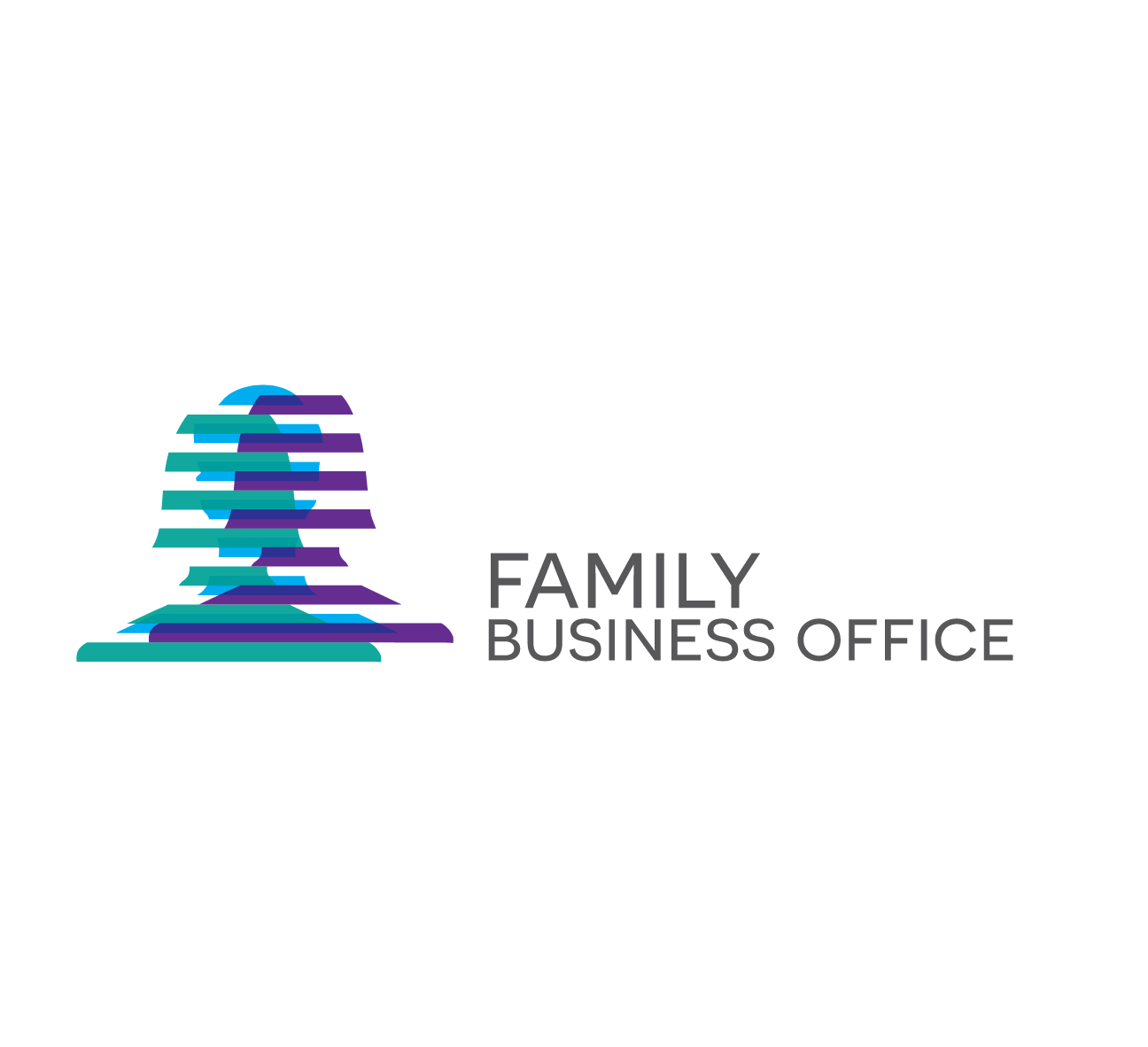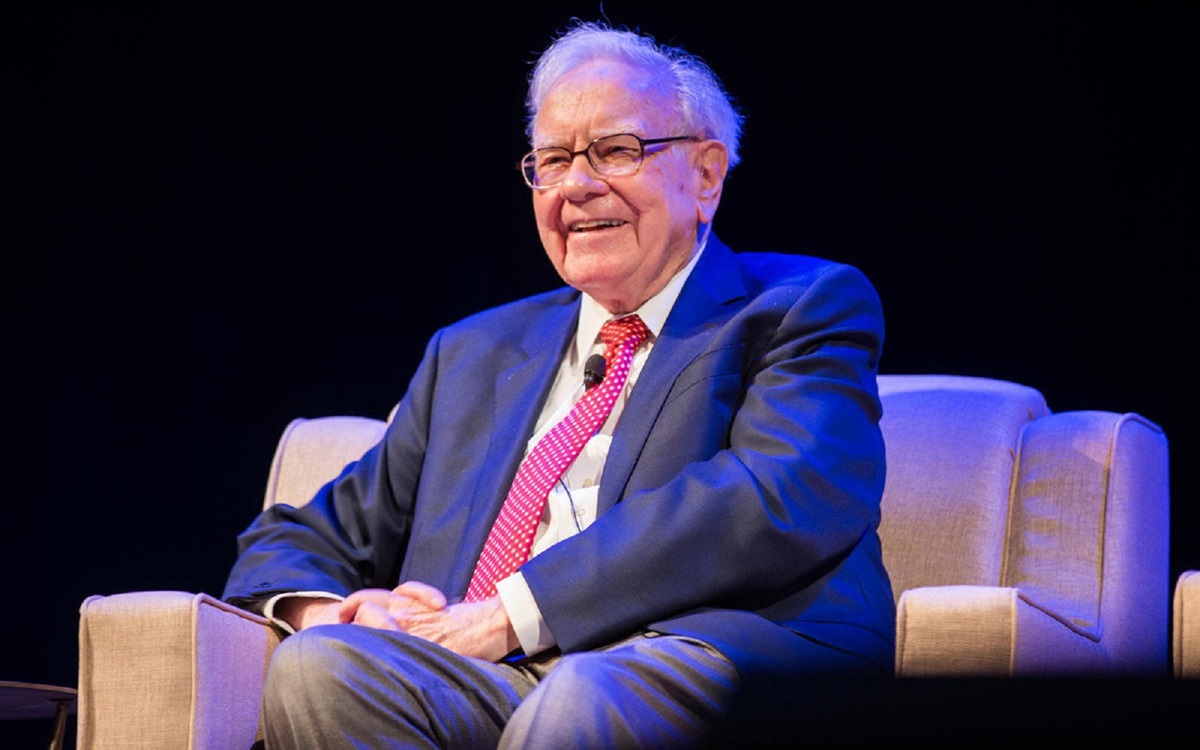It goes without saying that the process of succession planning for a family business, that is choosing the next leader, is not a one-time event. Such a decision cannot be a reactive measure, and there must be a degree of proactive planning for the transition to be seamless.
Family business leaders, while in their decision-making position, must take the courageous leap of deciding an effective date by which they will be vacating their respective businesses. Once this is decided, leaders must, to the best of their ability, train the next generation, or successor, and prepare them for the time when they will be taking over the business.
Indeed, those who lead family businesses must ensure that enough time is provided to train up a shortlist of individuals to eventually take up the mantle. While it would be easier if there was a manual or playbook for family business leaders to refer to, there is no hard or fast rule as to how long a transition and training process may take. One thing is for certain though: a shortlist of potential individuals need to be vetted at an early stage, to ensure that enough time is provided for the chosen individual to be trained and up to the desired standard. Depending on the size or complexity of the business, this could take years.
Should time and resources permit, an executive search firm could be engaged to help with the search, be it to recruit and train up individuals, either internally or externally.
Once the ideal candidate is chosen/recruited, the trainee should be actively involved in boosting leadership levels and profitability responsibility. This can be done by inviting the trainee to make presentations to the board on an ongoing basis, and even to members of the firm, encouraging the trainee to become visible throughout organisation. Weekly meetings with the outgoing leader to discuss strategic, tactical, governance, staffing and financial matters.
To achieve all this, a family business needs to be willing to empower recruits to take on challenges and engage in value learning. From the outset, involvement in a wide range of operational concerns, and participating in learning opportunities, including quarterly staff meetings and participation in developing a company’s strategy, would only serve to ensure a smooth transition.
The recruits’ development has to be supported all along.
Candidates would be inspired and pushed to perform better should they hear from a company’s board, especially on the firm’s successes and plans for the future.
Mentors would do well to instil candidates with the mindset that transparency in business yields positive results, and that business continuity demands transparency throughout the business.
In other words, a work environment with reciprocal trust.
There should be no surprises within the company when an announcement is made regarding the next leader. One idea that has proved useful for many organisations is the setting up of a leadership continuity committee that would lead the transition planning process. Family businesses should work similarly – with a fair process, transparency, commitment and professionalism.
For new leaders, it would be a good idea not to change things drastically at the start. Much energy will be required on finding their feet, learning and growing.
Candidates’ success will be measured to understand which areas of the business require further support, and colleagues should be counted on to provide feedback as they go along.
Another takeover bid in Malta
Edward Rizzo says that one cannot exclude other takeovers taking place across the Maltese capital market in the near future
PG’s revenue approaches €200 million
Record revenue for PG plc as supermarkets and franchise operations continue to grow amid competitive pressures
The power of compounding
An investment of $100 into Berkshire Hathaway in 1965 would have grown to a current value of over €4.3 million







